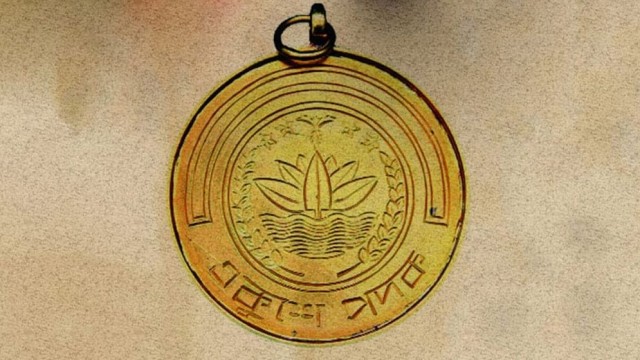SALEM, Palestinian Territories, Dec 10, (V7N) – In the village of Salem, east of Nablus, Umm al-Abed continues a centuries-old tradition of soap making recently recognized by UNESCO as intangible world heritage. Using only olive oil, water, and lye, the artisanal process represents a cultural legacy deeply rooted in Palestinian identity.
Umm al-Abed learned the craft from an elderly relative decades ago and now shares the knowledge with others in her village. "I watched how she cooked the oil and learned the processes," she recalled, explaining how she began producing soap for the entire community.
The handmade process, involving stirring the ingredients over a wood fire, pouring the mixture into trays to harden, and cutting it into bars, has been passed down through generations.
Cultural Recognition and Preservation
The UNESCO designation celebrates not just the craftsmanship but also the cultural significance of Nablus soap. The UN agency highlights the use of olive oil as emblematic of the region’s deep connection to nature and the role of soap as a meaningful gift for occasions like weddings and birthdays.
Palestine's rich heritage is further represented on UNESCO’s list through traditions such as hikaye (female storytelling), dabkeh dance, and embroidery.
While small workshops like Umm al-Abed’s keep the artisanal spirit alive, the larger Tuqan factory in Nablus, established in 1872 during the Ottoman era, scales up production.
At the factory, workers create vast sheets of soap that are expertly sliced into individual bars and stacked in cylindrical towers to dry. "Recognition by UNESCO is acknowledgment of this craft’s significance and the need to preserve it," said Nael Qubbaj, the factory chief.
Qubbaj emphasized the importance of safeguarding this heritage, especially under the challenges posed by the Israeli occupation.
For Palestinians, Nablus soap embodies more than cleanliness—it symbolizes resilience and a connection to their land and history. As UNESCO's recognition shines a spotlight on this craft, efforts to preserve and promote this cultural gem take on greater urgency in the face of modern challenges.































Comment: